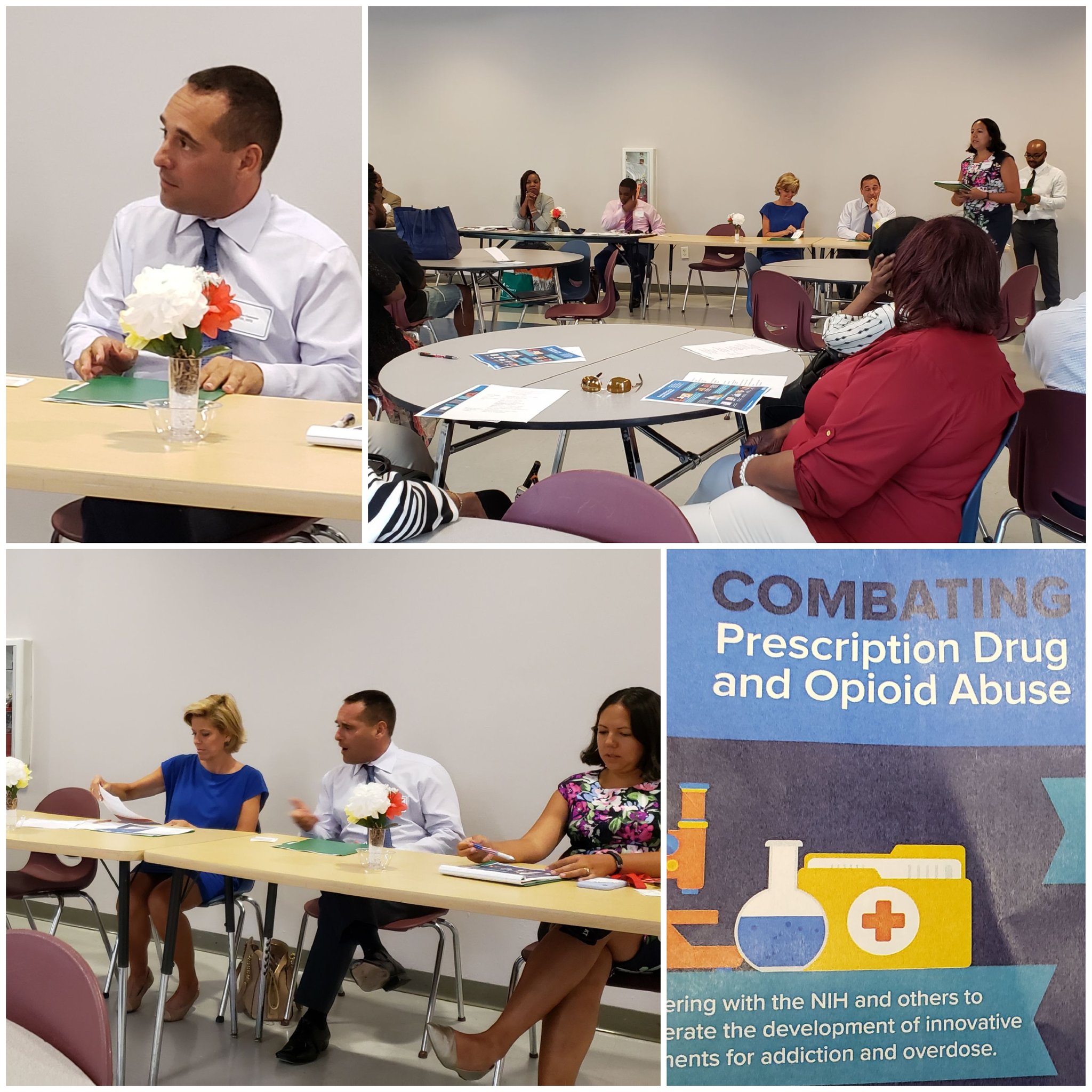Opioid Policies

Much like the rest of the United States, residents of the District of Columbia are struggling with substance use disorder (SUD) rate increases and high rates of opioid-related deaths. Unfortunately, these are multi-faceted issues that require year-long initiatives and systematic programs to address the myriad causes of addiction.
MSDC stands as a partner to the District government and private entities to help arrest the rates of opioid and substance abuse in the District. Through our advocacy for better prescribing practices, education on addiction, and even helping our own community through our Physician Health Program, MSDC is working to make DC a leader in reducing SUD, OUD, and addiction.
On a related note, MSDC is passionate about helping patients make prescriptions and medication more affordable. Whether expanding access to biosimilars or advocating for more affordable co-pays, MSDC wants to help our patients afford the medications they need.
MSDC Statement and Testimony on Opioid and Prescription Issues
25th Council information coming soon
MSDC Offers Data and Resources for Roundtable Discussion on DC's Opioid Crisis
In 2020, death related to illicit fentanyl, cocaine and heroin killed more people in the District than ever. To address the resurgence in DC's opioid crisis, MSDC is holding a roundtable discussion on April 14, 2021 at 5:30 PM. As with any public health issue, physician leadership is crucial and physicians are encouraged to participate. The panel will feature addiction medicine specialist Edwin Chapman, MD and legislative and policy experts from the American Medical Association and O'Neill Institute. Learn more or register here.
In preparation for the roundtable, MSDC is offering background resources and information on the opioid crisis. These resources include contributions from members of the panel or their institutions. In addition, MSDC has news, testimony and statements on its advocacy page on opioid policy.
OPIOID DATA AND DASHBOARDS
DC Opioid-related Fatal Overdoses: January 1, 2016 to October 31, 2020
DC Office of the Chief Medical Examiner
LINK
District of Columbia Opioid Data Dashboard
DC Health
LINK
Provisional Drug Overdose Death Counts
National Center for Health Statistics (based on data available March 8, 2021)
LINK
Table: Excess, Coronavirus Disease 2019 (COVID-19)–Related, and Unintentional Opioid Overdose Deaths
Journal of the American Medical Association
LINK
OPIOID RESEARCH AND PUBLICATIONS
Pharmacogenomics and OUD: Clinical Decision Support in an African American Cohort
Journal of the National Medical Association
LINK
Addictive Behavior Reports 2017 December
LINK
New WHO Guideline for Treating Chronic Pain in Children
Journal of the American Medical Association
LINK
Applying The Evidence
The O'Neill Institute
LINK
OPIOID COMMENTARY AND REVIEW
Opportunities to Improve Opioid Use Disorder and Infectious Disease Services: Integrating Responses to a Dual Epidemic
The National Academies Press/ National Academies of Sciences, Engineering, and Medicine
LINK
Washington Post (Op-ed)
LINK
Removing One Barrier to Opioid Use Disorder Treatment: Is It Enough?
Journal of the American Medical Association (Viewpoint)
LINK
Overcoming Barriers to Treatment of Opioid Use Disorder
Journal of the American Medical Association (Viewpoint)
LINK
Sample of Legislation MSDC Tracked on Opioid and Prescription Policy
What does it do? The bill authorizes licensed pahrmacists to dispense interchangeable biological products and requires notifications to physicians when such interchangeables are dispensed.
MSDC position: MSDC has a position of priority support on this legislation, identifying its passage as one of its highest legislative priorities.
Current status: SUCCESS. The bill was passed by the Council and signed by the Mayor.
What does it do? The bill requires prescription opioid medications to include a statement that the drug is an opioid and opioids may cause dependence, addiction, or overdoes.
MSDC position: MSDC supports the legislation.
Current status: The bill had a hearing before the Committee on Health on July 29, 2020. MSDC leader Dr. Sam Kareff testified for the Medical Society. It passed the Council on November 10 and was signed by the Mayor December 7.
What does it do? The bill prohibits insurance companies from factoring the use of PreP in decisions related to disability, life, or long-term care policies.
MSDC position: MSDC supports this legislation
Current status: The bill was introduced on January 8, 2019 and assigned to the Committee on Business and Economic Development.

Leave a comment